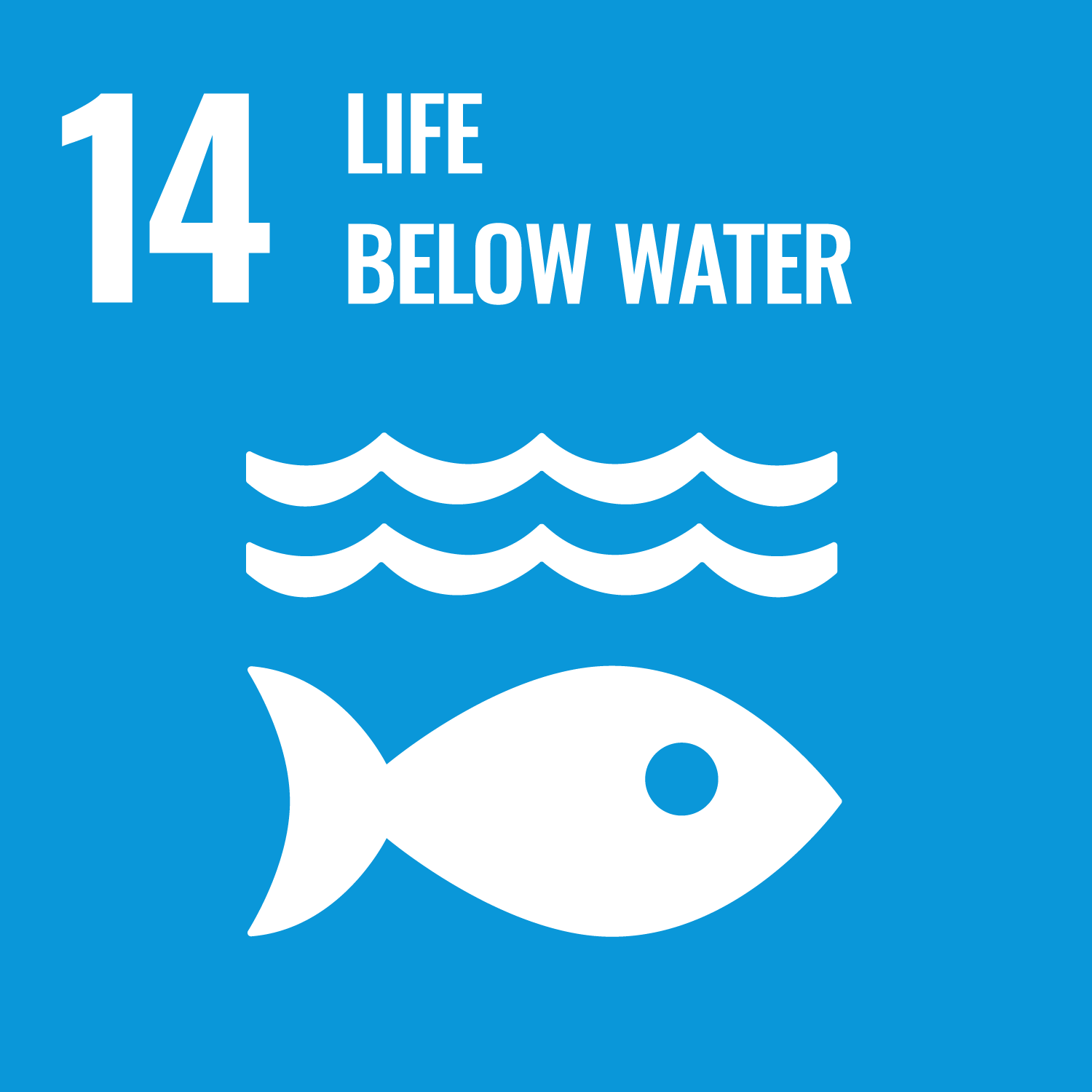We will develop fundamental technologies based on microfluidics for efficiently handling cells and biomaterials.
We will design and fabricate micro- and macrofluidic devices, and demonstrate problem-solving in the life and environmental sciences.
We will design and fabricate micro- and macrofluidic devices, and demonstrate problem-solving in the life and environmental sciences.
- Students can set research objectives by understanding bioresearch and diagnostic methods, as well as the problems with previous microfluidic devices.
- Students can design and build devices in which cells can grow, differentiate, or in which biomolecules can be isolated in a easy way.
- Students can select appropriate assay methods to quantify the flow inside the device and the amount, state, and dynamics of cells or biopolymers.
1) Understand the basics and research trends in the fields of microfluidics and bioengineering, and formulate a research topic.
2) Master the basics of microfabrication and cell culture, and conduct experiments involving device fabrication and cell seeding.
3) Summarize the results, present at academic conferences, and write a research article.
2) Master the basics of microfabrication and cell culture, and conduct experiments involving device fabrication and cell seeding.
3) Summarize the results, present at academic conferences, and write a research article.
Participation in regular meetings, progress of production and experiments, and the content of academic presentations and papers
will be evaluated on a scale of 100 points, with a score of 60 or above being considered a pass.
1) Reference books in the fields of microfluidics, BioMEMS, microfabrication, biomaterials, cell biology, cell culture, medical
engineering, and regenerative medicine
2) Papers written by members of the laboratory
3) Papers that appear in literature search results
2) Papers written by members of the laboratory
3) Papers that appear in literature search results
1) Clarify the background of the research to be conducted based on the results of your graduation research and literature
surveys, etc
2) Determine the purpose of your research (goals and action plan).
3) Decide on the conferences and journals you will target.
2) Determine the purpose of your research (goals and action plan).
3) Decide on the conferences and journals you will target.
- Course that cultivates an ability for utilizing knowledge
- Course that cultivates a basic interpersonal skills
- Course that cultivates a basic self-management skills
- Course that cultivates a basic problem-solving skills
| Work experience | Work experience and relevance to the course content if applicable |
|---|---|
| Applicable | I will use my experience in practical research as a university postdoctoral researcher and in developing microfluidic embryo culture devices at a start-up company to provide guidance on how to develop practical devices and establish them for research. |


- 3.GOOD HEALTH AND WELL-BEING
- 14.LIFE BELOW WATER
Last modified : Sat Mar 08 04:37:33 JST 2025
